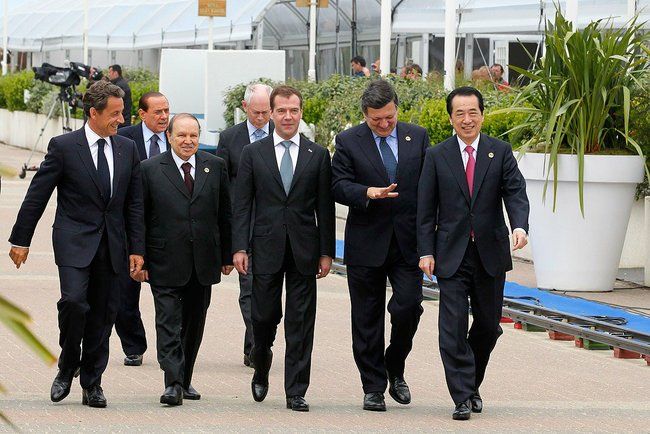Scientists issue rallying cry to ‘save the planet’ at G8
Leading scientists have urged delegates at the forthcoming G8 summit to ‘save the planet’, with 3 statements released on tackling various challenges.

Leading scientists have urged delegates at the forthcoming G8 summit to ‘save the planet’, with 3 statements released on tackling various challenges. It is thought that the statements will be great influencers at the summit, and have historically been important in forming discussion at the summits.
The next few months will be pivotal for those hoping to achieve agreements on areas such as population growth, food and water security and development goals; The summit will be followed by the Rio+20, the G20 and later in the year, COP18 in Qatar.
The first statement challenges governments to consider water and energy as closely linked issues, in an effort to avoid shortages. Part of the strategy should include conservation and inter-regional cooperation.
The second looks to minimise the effect of natural disasters, like tsunamis and nuclear incidents. This involves strategies like regular risk surveillance, and improving public health services. The key word being used here is resilience.
The third seeks standardisation in the methods used to estimate sources and sinks of greenhouse gases, including those from both human and natural sources. It also suggests all countries should produce annual reports of their sources and sinks. Again international cooperation is key to enabling this process.
The US will play a crucial role this year as the host nation, and the national academy has taken the initiative in bringing together scientists from all over the world to co-ordinate its message. Signees to the statement are: Brazil, Canada, China, France, Germany, India, Indonesia, Italy, Japan, Mexico, Morocco, Russia, South Africa, the United Kingdom, and the US.
